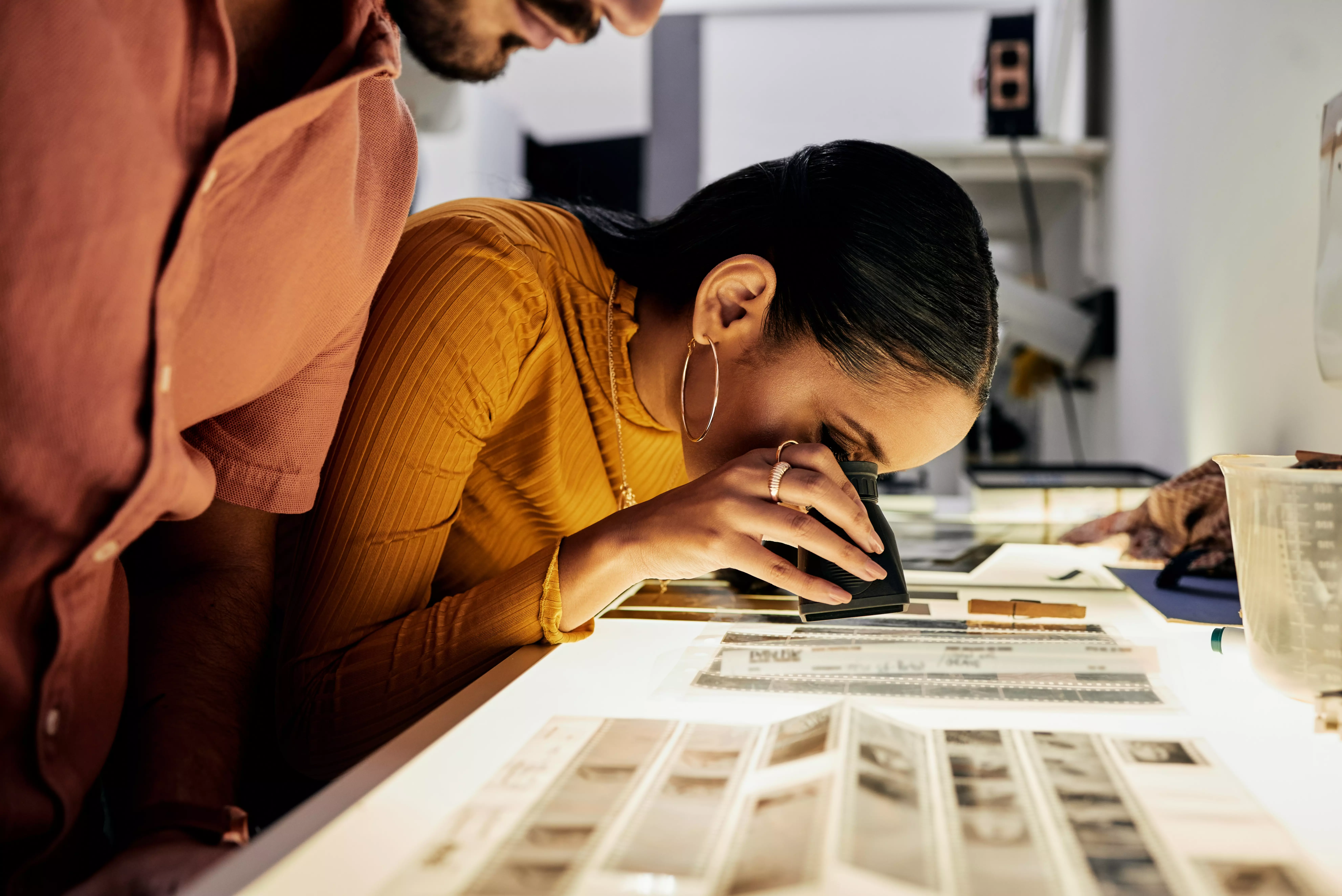Investigating social patterns of mortality in 19th-century northern Sweden
Welcome to www-r-project.org, dedicated to the in-depth study of social patterns of mortality in 19th-century northern Sweden. Our project is a unique endeavor that combines interdisciplinary expertise and advanced analytical tools to understand the complex demographic dynamics of past eras. We invite you to discover fascinating data that can shed new light on the history, society and public health of that period.
Mission and Purpose of the Project
Our mission is to bring history to life in excruciating detail by exploring the varied patterns of mortality in 19th century northern Sweden. By analyzing a variety of data sources, such as parish registers, censuses, as well as hospital and medical records, we aim to answer key questions about the health and well-being of communities at that time.
Research Methodology
We use a wide range of methodologies, including:
Statistical Analysis
Thanks to the advanced statistical tools offered by R software, we are able to perform precise analysis of large historical data sets. Using a variety of statistical models, such as regressions, temporal-spatial analyses, and survival analyses, we investigate what factors had the greatest impact on mortality in 19th-century northern Sweden.

Archival work
Our researchers thoroughly analyze available historical sources to identify key documents and records that can provide valuable information on public health and demography. Through pedestrian research in local and national archives, we reconstruct an accurate picture of the local reality.
Interdisciplinarity
The project brings together specialists from different scientific fields such as history, sociology, medicine, epidemiology and statistics. Through this approach, we can gain a comprehensive insight into the variables that affected daily life and mortality in northern Sweden in the 19th century.
Key Findings
The research to date has revealed a number of interesting findings that shed new light on the history of public health:
Regional variation
Mortality rates in 19th-century northern Sweden varied regionally, which may indicate differences in access to medical care, food availability and sanitary and epidemiological conditions. Analysis of spatial data makes it possible to identify areas with particularly high or low mortality rates and investigate the reasons for these differences.

Impact of Epidemics
Pandemics and epidemics, such as cholera, measles and influenza, have had a dramatic impact on mortality. Our research provides an understanding of what countermeasures were used and their effectiveness.
Social and Economic Relationships
Mortality was also strongly related to social and economic conditions. Child labor, housing conditions and access to education affected the health and life expectancy of the population. We seek to understand how these factors interacted and what long-term effects they had.
International Cooperation
The www-r-project.org project is part of a broader network of international research on the history of demography. We collaborate with a number of renowned academic institutions around the world, allowing for the exchange of knowledge and experience, as well as joint publications and conferences.
Invitation to Collaboration
We warmly invite both researchers and institutions interested in the history of demography, public health and statistics to cooperate with us. If you are interested in our project or would like to share your insights, please contact us via the contact form available on the website.
Thank you for visiting our site and your interest in our project. We believe that by working together we can uncover and document the complex stories that have shaped our societies.
